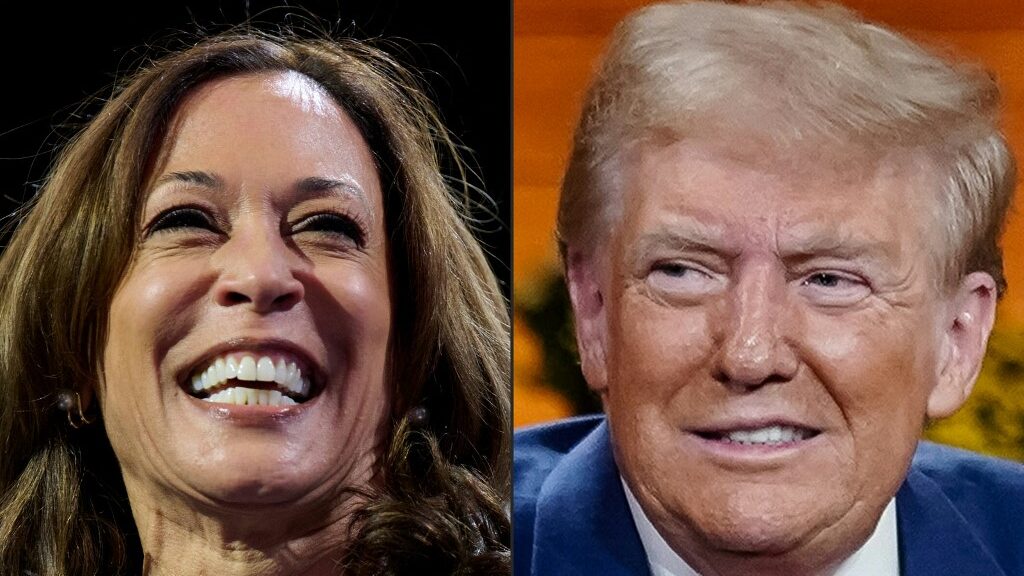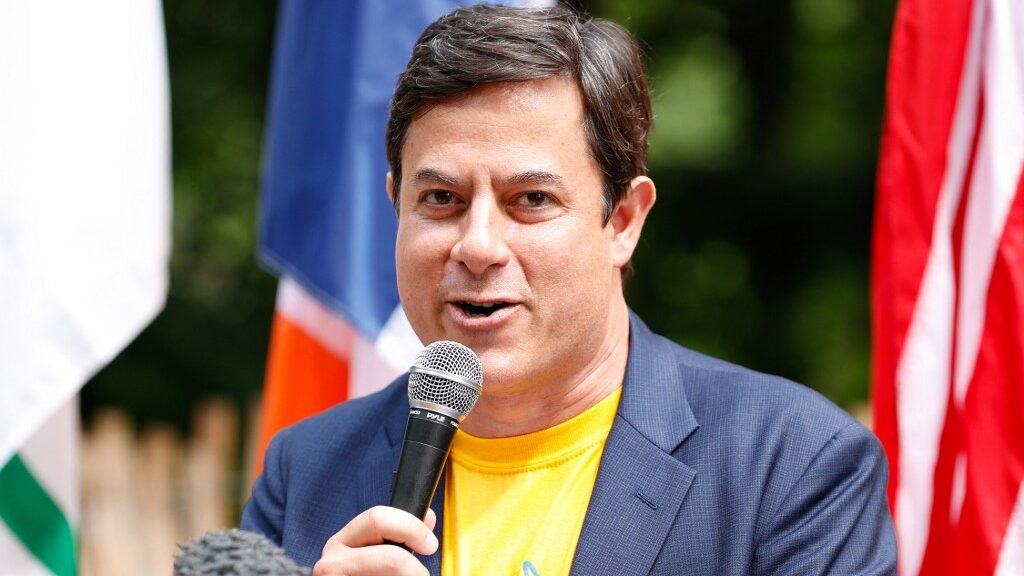
Prediction market Kalshi reported large bets on the U.S. presidential elections with less than two weeks until the votes are cast for the nation’s next commander-in-chief.
Is Presidential Betting Legal?
Licensed sportsbooks in the U.S. are not allowed to offer odds on election results, but some of the best offshore sportsbooks and many other international markets have no such prohibition, namely Canada. However, a D.C. District Court judge ruled against the Commodity Futures Trading Commission (CFTC) in September that the contracts of a New York derivatives trading platform, KalshiEX LLC, do not involve unlawful activity or gaming but instead involve elections, which are neither.
Although that ruling ostensibly cleared the way for Americans to trade political event contracts ahead of next month’s presidential election, an appeal was filed by the CFTC. However, the U.S. Court of Appeals for the D.C. Circuit upheld that ruling earlier this month and tossed out the regulator’s legal action, writing the regulatory body nor the public interest would be harmed by KalshiEX’s “event” contracts, as it had argued in the action.
“Ensuring the integrity of elections and avoiding improper interference and misinformation are undoubtedly paramount public interests, and a substantiated risk of distorting the electoral process would amount to irreparable harm,” the ruling read.
“The problem is that the CFTC has given this court no concrete basis to conclude that event contracts would likely be a vehicle for such harms.”
The distinction is that Kalshi offers futures trading contracts on the election whose prices are dynamic and can fluctuate, precisely as the commodities market does. However, betting odds are locked in once a wager is placed and are static; they do not fluctuate once the bet is placed.
Much to the chagrin of Kalshi’s regulatory overseer, the CFTC, legal avenues are now available in the United States to purchase an election contract but not an election bet through a sportsbook.
Election Contracts Equal Big Business
As of Monday afternoon, Trump’s “yes” contract at Kalshi was trading at 58 cents and Harris’ at 44 cents, meaning the contract on Donald Trump to win the election is more valuable, and anyone holding that would get 30% more than those who hold Harris contracts. Kalshi reported more than $42 million in election contracts have been purchased since they were given the legal green light to offer them.
Yet, one Kalshi user recently purchased a $500,000 contract with Vice President Kamala Harris, which would return $1.2 million, including the initial investment, for a $700,000 profit should she win the election.
Kalshi defends its election contracts by arguing that whoever wins the election will likely implement policy changes that can affect all sectors of business and finance, which allows people and corporations to hedge against potential future adversarial conditions.
“Previously, election hedging was a privilege reserved for large corporations and the wealthy elite,” Kalshi CEO Tarek Mansour wrote recently. “But thanks to Kalshi, everyone has the right to protect themselves from the uncertainty inherent in the democratic process. From business owners concerned about new regulations to students worried about the status of student loan forgiveness to retirees anxious about healthcare changes, Kalshi gives individuals the chance to hedge against the outcomes that matter most to them.”













